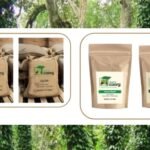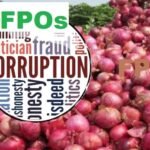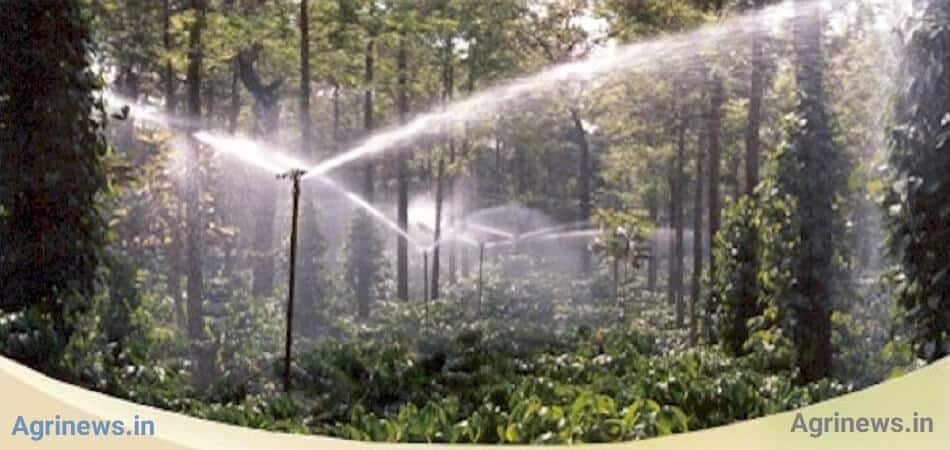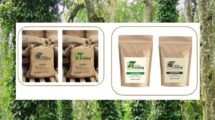Indian Shade-Grown Coffee Could Benefit Under EUDR Norms
Indian coffee may receive recognition under the EU Deforestation Regulation (EUDR) due to its shade-grown nature, which implies no deforestation, said Rajesh Patel, co-founder and CEO of sustainability platform Snowkap.
“Coffee is a major export, and a significant portion of Indian coffee—particularly Arabica—is shade-grown, making it unique. From an EUDR perspective, this is a great opportunity to highlight and reward such practices. Whether due to historical or economic reasons, most Indian coffee, especially from the southern regions, is cultivated under tree cover, which helps preserve forests,” Patel said in an online interview with BusinessLine.
Shade-Grown Coffee Aids Forest Conservation
Patel emphasized that shade-grown coffee plays a crucial role in conserving forests, making EUDR compliance a multi-faceted challenge. He added that other sectors, such as the phytopharmaceutical supply chain, could also fall under EUDR scrutiny. “Globally, about 60% of pharmaceutical ingredients are derived from trees, plants, or shrubs. India alone has around 10,000 phytosignificant plant species,” he noted.
EUDR Implementation Timeline and Dilutions
Unless the EU issues any new notifications, the EUDR will come into effect for large companies in December 2024, and for smaller firms by mid-2026. While acknowledging that some easing of EUDR norms has occurred, Patel said this isn’t necessarily negative. “We need to proceed assuming these deadlines are firm,” he said.
He also mentioned that many Snowkap clients are taking the regulation seriously and have already begun due diligence to assess their supply chain readiness for EUDR compliance.
Supply Chain Challenges and Readiness
Regarding supply chain preparedness, Patel pointed out that EUDR requirements are quite detailed. “For instance, if a company sources natural rubber from Southeast Asia, it must provide geolocation data to pinpoint the exact origin. But are suppliers ready to share such potentially proprietary data? These are real challenges we’re facing,” he said.
Some companies have started dry runs to test EUDR readiness, but supplier awareness efforts still fall short. Patel stressed the importance of legislative action to make EUDR a global standard, given the urgent challenge of deforestation. “Each year, about 40–42 million hectares of forest are lost, much of it linked to EUDR-covered commodities. Robust trade restrictions are needed to ensure these do not come from deforested areas,” he said.
He noted that companies like JK Tyres and Yokohama have made considerable progress on EUDR compliance. Given that India imports most of its rubber, adopting a similar regulatory framework could ensure traceability for exports such as tyres.
Other Commodities Under EUDR
Besides coffee and rubber, the EUDR also affects soybeans, palm oil, cocoa, cattle, and wood. Patel highlighted that every stage of the value chain faces hurdles in meeting EUDR standards.
“Implementation requires complete traceability. You need GPS coordinates for every component of your export. Setting up such geosystems and tagging processes isn’t easy,” he said.
Documentation is another significant challenge—ensuring the availability, authenticity, and traceability of records is no small task. “The core issue lies in training and willingness. The further down the value chain you go, the lower the sophistication. That’s another hurdle we need to overcome,” Patel added.
He also pointed out that incentives, commodity variants, and differing interpretations of regulations add to the complexity. Snowkap supports clients in evaluating their sustainability maturity and readiness.
Carbon Emissions and Sustainability in Trade
Patel acknowledged that while sustainability-linked trade brings challenges, it also offers opportunities. “Beyond environmental responsibility, companies owe it to their stakeholders to enhance efficiency. Transitioning to solar energy, renewables, and electric vehicles brings long-term benefits,” he said.
He emphasized that sustainability is now a permanent aspect of global trade, with ripple effects across sectors. Also Read | Sharp rise in global coffee prices affected price premiums of speciality coffees
Leveraging AI for Emissions Tracking
Snowkap has integrated artificial intelligence to streamline data capture for carbon emission tracking. “If our clients provide basic documents like invoices, purchase orders, or delivery challans, we can extract sufficient quantitative data to calculate emissions,” Patel explained.
Snowkap also works directly with vendors, training them to use the platform and submit the necessary data.
Carbon Markets: Voluntary and Compliance
Regarding carbon trading, Patel noted that emissions must first be reduced or avoided before credits can be traded. “There are both compliance and voluntary carbon markets. While India’s compliance market is fairly well established, the voluntary market has great potential. We encourage our clients to explore and invest in this space,” he said.


















Add Comment